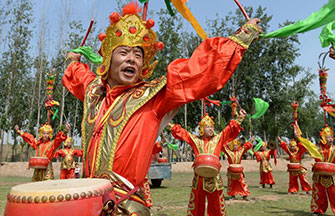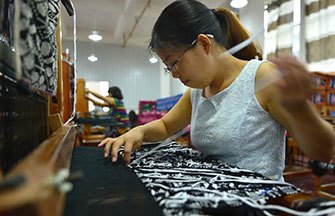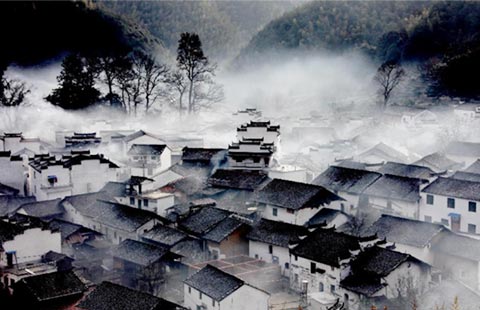Lomography: a mix of vintage and chic
By Fan Zhen ( chinadaily.com.cn ) Updated: 2012-07-23 09:30:46
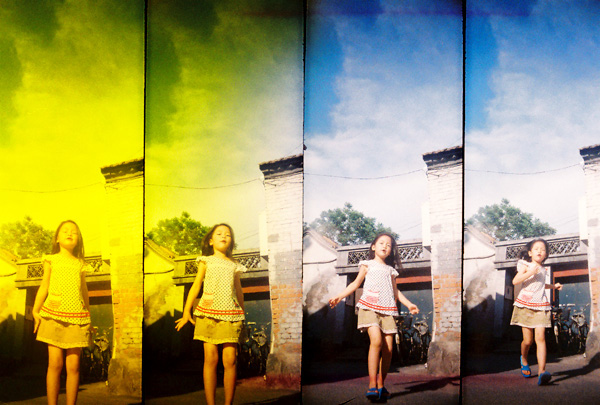 |
|
Photo by Liu Qiang/Provided to chinadaily.com.cn |
 |
|
Photo by Wang Yang/Provided to chinadaily.com.cn |
 |
|
Photo by Meng Yalei/Provided to chinadaily.com.cn |
Since Eastman Kodak declared bankruptcy, the price of film has soared. Does this spell the end of the old-timer artform, the next to be elbowed aside by the digital world?
A growing number of film lovers who cling to lomo cameras say no.
"Film is not going to die. On the contrary, it may thrive as we are developing various lomo cameras and new types of inexpensive films to cultivate a market where one can realize the mix of old and new," said Liu Qiang, manager of the Beijing Lomography store.
Lomography, a company that sells plastic retro cameras, landed in Beijing five years ago after it took over such metropolitan centers of art as New York, and opened its second chain store one year later.
It did not take a long time before the cameras were embraced by amateur and professional Chinese photographers alike not only for their fashionable looks but also for their off-kilter, blurry and color-soaked effects.
"Lomo cameras have the kind of sizes and looks that you just want to put them into the pocket and take them everywhere you go. They are nothing like the bulky digital single lens reflex (DSLR) cameras," Wang Yang, a 29-year-old Beijing native, said.
Wang had been using the digital cameras for more than seven years before his friends lent him a Super Sampler, a lomo camera that can produce four successive images on one negative, three years ago.
"I was fascinated by the dreamlike images as soon as I got the film developed. The lo-fi artworks are anything but perfect, but they created an instant haze of memory," Wang said.
The digital cameras may seem less flawed or simply easier, but they sacrifice warmth, soul, depth, personality, chance and the human touch for their cleaner images. "The newer thing boasts 100 percent accuracy and correctness, but life is nothing like that," said Meng Yalei, chief editor of Holga Freak, an e-magazine that focuses on international lomographers.
"That's why the young people love lomo cameras because they can use them to draw their own reality," Meng said.
They must have a point, because the antiquated creative process has inspired some digital filters on cell phones and computers to mimic lomo cameras' effects.
The Hipsamatic iPhone application is one of them. The filter can make the pictures look as though they were taken with the unreliable plastic lomo cameras.
"Lomo effects are very popular nowadays. The lomography-style pictures can not only created by cell phone applications but also be found in the designs of posters, websites and magazines," Bai Luoman, a 29-year-old photographer, said.
"Lomo has become more of a buzz word than simply a kind of camera," Bai said.
Lomo Wedding Consultant, a wedding planning company at Sanlitun in Beijing, picked the name for the very reason.
"Lomo to us means 'let our life be magic and open' and the lomo cameras are renowned for their uniquely beautiful images. That's exactly what we want to do for our clients— to plan a dreamlike, one-of-kind wedding," said Li Ji, the store owner. "Besides, everybody knows the word."
The store's wall is decorated by hundreds of small photos of the newlyweds. Li said it is a trend to piece together the photos taken by lomo cameras to create a lomo wall. "The young people just love it."
"People always say film will eventually disappear. But I think things do not necessarily have to die out if we keep instilling new and creative thoughts into them and make them a culture trend that is full of fun. Just like lomography." Wang Yang pressed the shutter of his lomo.
"Invention always has its own way," he said.
|
|
|
|
|
|
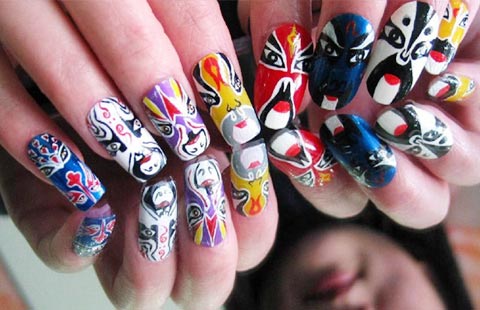
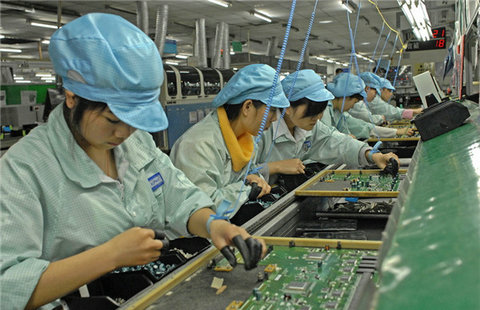
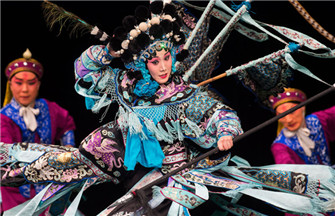





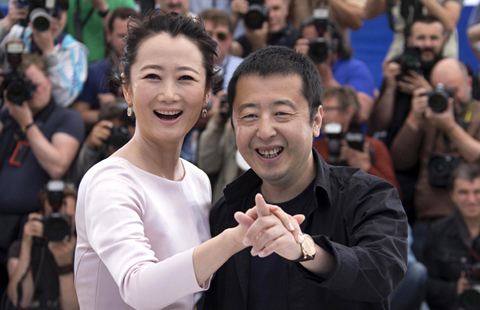









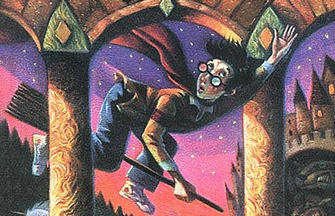




 Raymond Zhou:
Raymond Zhou: Pauline D Loh:
Pauline D Loh: Hot Pot
Hot Pot Eco China
Eco China China Dream
China Dream China Face
China Face
